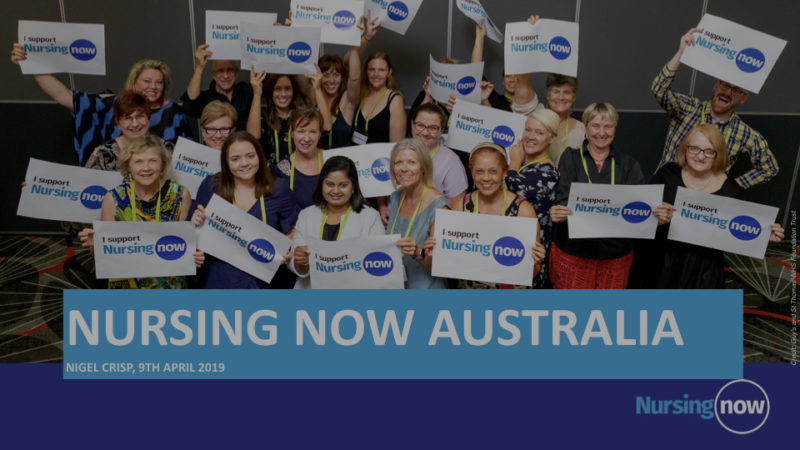A global clinical trial successfully reduced toxicity and side effects in advanced stage Hodgkin lymphoma patients by using a modified treatment regimen.
Mark Herzberg is a Professor of Clinical Haematology involved in clinical trials for patients with blood cancers, particularly lymphoma, leukaemia, and myeloma, in Australia and New Zealand.
Hodgkin lymphoma is a common cancer with varied symptoms, and treatment typically involves chemotherapy and sometimes radiation therapy.
Approximately 800 Australian patients are diagnosed with advanced stage Hodgkin lymphoma each year, with staging determined through imaging and blood tests.
Advanced stage Hodgkin lymphoma is treated with outpatient combination chemotherapy using two major regimens (ABVD and escalated BEACOPP) worldwide, with a global clinical trial involving nine cooperative groups in nine countries and 1500 patients.
The ALLG contributed 115 patients across 16 sites in Australia and New Zealand to a groundbreaking clinical trial.
A global clinical trial successfully reduced toxicity and side effects in advanced stage Hodgkin lymphoma patients by using a modified treatment regimen incorporating a new drug, Brentuximab Vedotin.
Patients experienced fewer side effects, such as anaemia, low platelet counts, peripheral neuropathy, and gonadal toxicity, while preserving fertility, with the modified BrECADD regimen in the treatment of advanced stage Hodgkin lymphoma.
Most patients with advanced stage Hodgkin lymphoma remained disease-free after three years of treatment, with a significant reduction in toxicity and shorter duration of treatment, allowing them to resume normal life and work sooner.
Australian Health Journal spoke with Professor Mark Hertzberg in his role in the ALLG HD10 Clinical Trial and as a former Chair of the Scientific Advisory Committee of the Australasian Leukaemia & Lymphoma Group (ALLG), an organisation involved in improving the treatments and lives of blood cancer patients.
You Might also like
-
Co-design and adoption Frail, Homebound and Bedridden Population New Content New Models of Care Seniors and Aged Care
Keeping elderly out of hospital
Pioneer in health care, Geriatrician Professor Susan Kurrle, Curran Professor in Health Care of Older People at the Faculty of Medicine and Health, University of Sydney AO spoke after receiving the Australian Healthcare and Hospitals Association 2022 Sidney Sax medal award.
The Sidney Sax medal is awarded for outstanding contributions to the development and improvement of Australia’s healthcare system.
-
Nursing Now Australia Launches
The evening of Tuesday 9th April saw the launch of Nursing Now Australia in Sydney, with Lord Nigel Crisp, Co-Chair of Nursing Now.
Professor Christine Duffield FACN, President of Australian College of Nursing welcomed the start of the campaign and explained the relevance to Australian Nurses.
-
Strong primary care nursing solutions for a healthier Australia
The CEO of Australian Primary Health Care Nurses Association (APNA), Ken Griffin spoke with Australian Health Journal about the following:
– APNA President Karen Booth representing Primary Care Nursing in the Australian Government led Strengthening Medicare Task Force
– The current key challenges in primary care nursing
– Programs on diversity and student placement proposed in APNA’s pre-budget submission to Federal Government
– A proposed initiative called Nurse-Supported Self-Care, with broadening role primary care nursing would play in the community
– Hopes for other health priorities addressed in the Federal BudgetIn the lead up to the Australian Federal Budget in May 2023, Australian Health Journal reached out to peak health industry bodies to hear about their priorities, either noted in pre-budget submissions lodged with Federal Government in January 2023 or in recent forums such as the Strengthening Medicare Taskforce.



